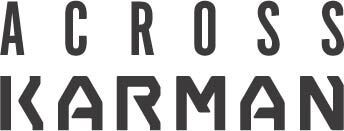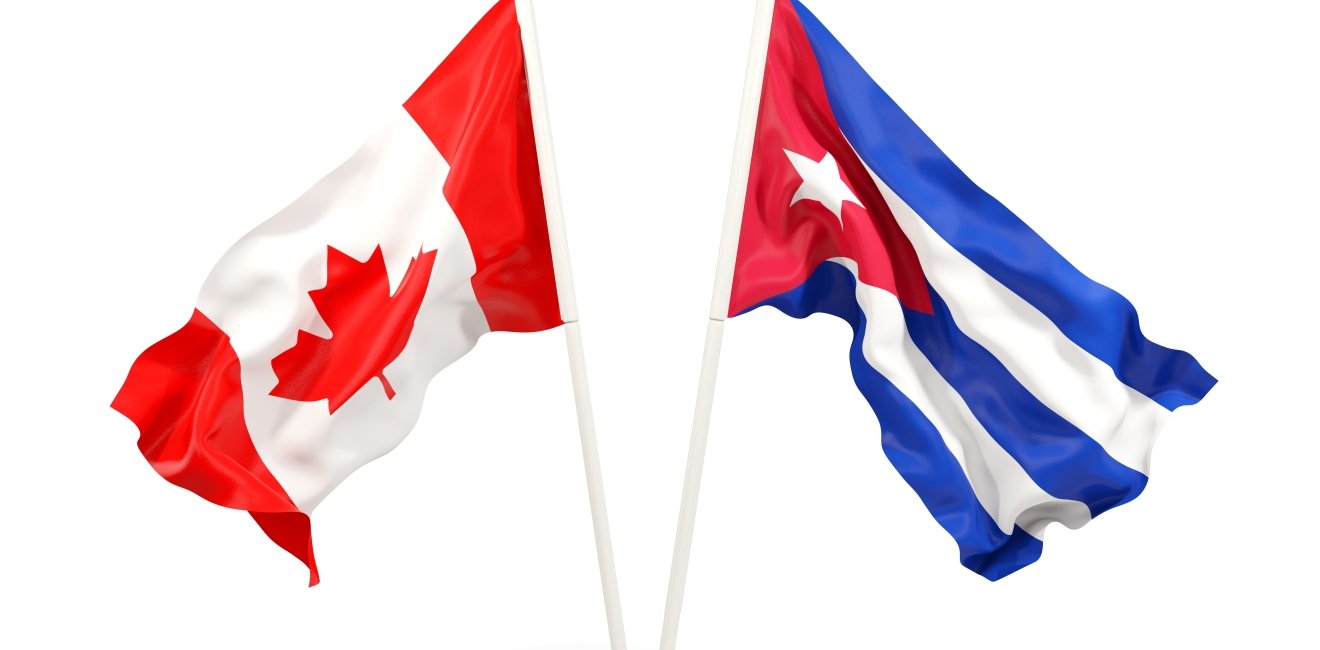Now that President Biden has completed his first round of foreign summitry, there is another relationship on America’s doorstep that merits Presidential attention: Cuba.
Late in 2014, President Obama launched a dialogue designed to end fifty-four years of U.S. isolation of Cuba. Just months after coming to office in 2017, President Trump reversed Obama/Biden’s “normalization” approach, reinstating Cold War policies of isolation. Then, as part of the list of last-minute moves to bind the Biden administration’s hands at the outset, outgoing Secretary of State Mike Pompeo announced January 11 that State Department would put Cuba back on the list of state sponsors of terrorism, along with Syria, Iran, and North Korea. This makes changes all the more difficult, ultimately requiring State Department to conduct a thorough review before Cuba could be taken off the list.
Word is that the Biden administration wants to resume the “normalization” process. That could involve easing restrictions on travel and remittances, not to mention trade – perhaps especially benefitting exporters of U.S. farm products. Opinion polls consistently show that Americans are generally in favor of normalizing U.S. relations with Cuba. Obviously, President Biden would want to maintain pressure on the government of Cuba, particularly with respect to human rights and Cuban policy in Venezuela. Canada should be energetically nudging the new administration to roll back this Cold War relic.
As documented in Back Channel to Cuba: The Hidden History of Negotiations between Washington and Havana, despite ongoing friction, Cuban leader Fidel Castro reached out to almost every single U.S. President, seeking better relations. Perhaps Cuba’s new President Díaz-Canel (who succeeded Raúl Castro in 2018) has the incentive to approach the Biden administration – Cuba’s economy desperately needs foreign investment. Given greater scope to invest, Americans certainly will be interested in doing more business.
As always, Florida politics are a consideration. Joe Biden did not win Florida’s electoral votes, having failed to amass sufficient majorities in Miami – home to much of the United States’ expat Cuban population. While Cuban Americans had tended to vote Republican, Obama made inroads in that community in 2008 and 2012, gains sustained by Hillary Clinton in 2016. In the 2018 mid-term elections, Democrats did very well in south Florida, gaining two Congressional seats with large Cuban-American electorates. It is noteworthy that those Democratic victories came seventeen months after Trump’s reversion to hardline policies for Cuba.
It might be tempting – but it would be wrong – to assume that the Democrats’ 2020 south Florida setbacks are tantamount to losing a ‘referendum’ on the future of U.S.-Cuba relations. Demographic and voting trends over the previous dozen indicate that second and third-generation Cuban-Americans do not evince the same hostility toward Cuba’s leadership as those who came to the United States in the 1950s. A more plausible explanation for 2020 voting behavior is that the Trump campaign successfully cultivated this quite conservative population by claiming that a Biden administration would introduce “socialist” domestic policies. Regaining the confidence of these voters likely requires domestic policies that cannot be characterized as emulating Cuban ‘socialism’ more than a hardline Biden foreign policy against Cuba (providing, of course, that the administration keeps U.S. interests forefront as its approach to Cuba evolves).
Throughout the Trump years, the western hemisphere’s most serious ongoing foreign policy challenge was Venezuela’s descent into authoritarianism. More than five million Venezuelans have left their country – including many who have come to the United States as refugees. Cuba, especially since the resumption of Cold War-like hostilities by the United States, has been particularly unhelpful, extending political, diplomatic, and to the extent it could, economic support to the Maduro Venezuelan regime.
This firming-up of Cuban support for Maduro has complicated efforts by both the United States and the dozen Lima Group countries (of which Canada is a founding member) to drive for institutional, economic, and social reconstruction in Venezuela. Whereas constructive cooperation with Cuba on this major hemispheric policy priority might have increased the odds of success, Trump’s determination to reverse Obama’s initiative likely served to reinforce Cuba’s bad behavior. While Cuba is not about to abandon its friends in Caracas, a renewed U.S. priority on normalizing relations with Cuba could create possibilities for addressing the destabilizing mess in Venezuela. President Biden and his foreign policy team, hopefully, will bring clear-eyed focus on what is important diplomatically – and how that can best be achieved.
There are Canadian interests at stake here. Canada played a role in the Obama administration’s steps toward normalization. Having maintained diplomatic and economic relations with Cuba since their revolution, Canada has “standing” with Cuba that, once again, could be helpful in moving both sides toward a “re-normalization.” Canada is among the hemisphere’s leaders in pressuring Maduro and driving resolution of the Venezuelan crisis. A new, pragmatic attitude toward Cuba on the United States’ part could buttress Canadian (and Lima Group) efforts to persuade Cuba not only that it should ramp back its support for Maduro, but that it should pressure him to leave.
A resumption of U.S. “good will” toward Cuba should be coupled with a commitment to no longer apply the odious Helms-Burton Act sanctions against Canadian companies engaged in Cuba. This kind of extra-territorial application of U.S. law is entirely inappropriate against the United States’ close friend, ally, and major trading partner. A ‘fix’ – whether repeal of Helms-Burton or an exemption for Canada (and perhaps for other allies cooperating with the United States on major foreign policy initiatives) is warranted.
To be sure, a Biden administration inclined to finally jettison Cold War policies that never worked to begin with, will face many challenges. Unwinding the trade embargo needs Congressional approval; that will not be done overnight. There is also the issue of expropriation claim files dating back to the Revolution (and Cuba’s counter claims). The supply of political capital, always limited, may be insufficient.
But retaining an antiquated policy that has failed for 60 years does not make sense either. It certainly would do nothing to improve the odds of progress on the critical Venezuela file. The United States needs to know that Canada – and other allies – can help.
Western hemisphere governments would generally applaud a shift by the new U.S. administration in the direction of constructive engagement with Cuba. The resignation of Raul Castro as leader of Cuba’s Communist Party creates new opportunity for a shift in U.S. policy. Canada’s leaders should be among the first to nudge a President committed to “work with allies, partners and friends” in pursuit of solutions to lingering foreign policy challenges, including Cuba.
Deanna Horton and Roy Norton are former Canadian diplomats; both led the ‘Advocacy Secretariat’ at the Canadian Embassy in Washington, D.C.
Authors

Distinguished Fellow, Munk School of Global Affairs and Public Policy, University of Toronto
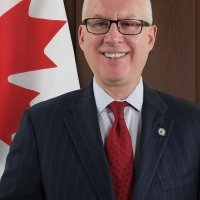
Fellow, Balsillie School of International Affairs/Adjunct Assistant Professor, University of Waterloo

Canada Institute
The mission of the Wilson Center's Canada Institute is to raise the level of knowledge of Canada in the United States, particularly within the Washington, DC policy community. Research projects, initiatives, podcasts, and publications cover contemporary Canada, US-Canadian relations, North American political economy, and Canada's global role as it intersects with US national interests. Read more

Explore More
Browse Insights & Analysis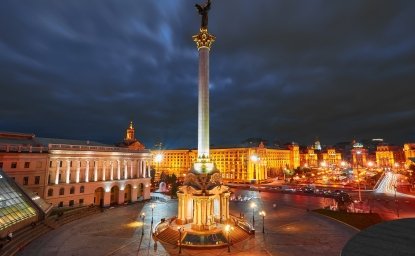
Ukraine Between 1991 and 2022: The Problem of the Blank Canvas
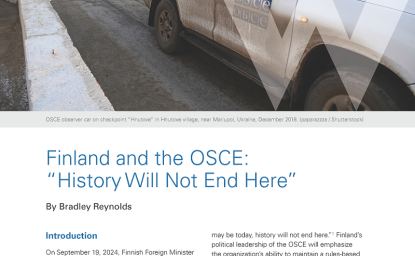
Kennan Cable No. 96: Finland and the OSCE: “History Will Not End Here”

